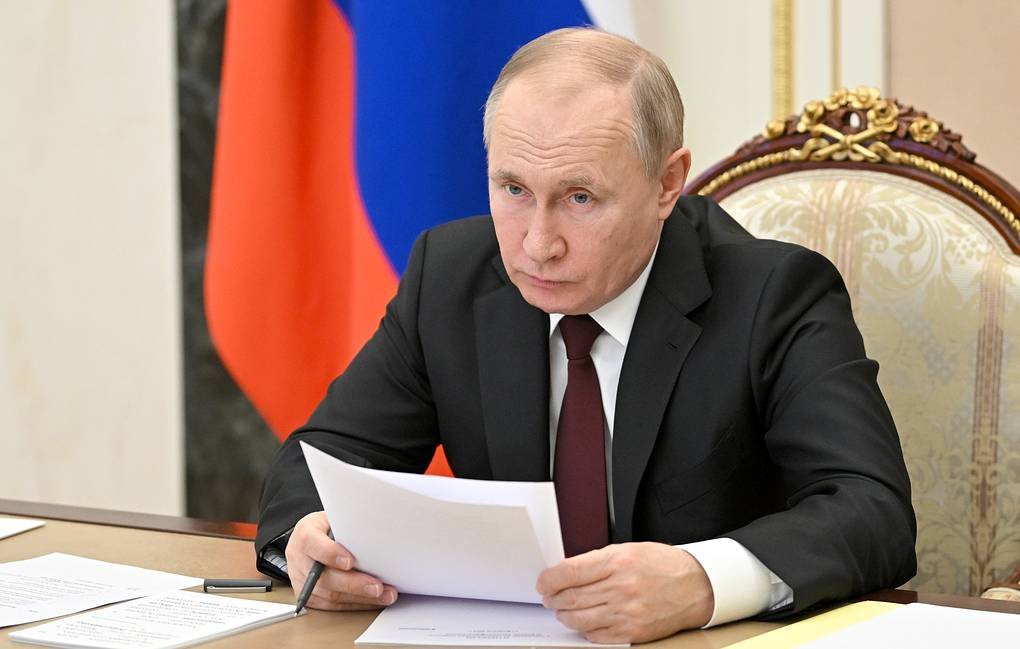Russia’s presidential election – the country’s biggest political event of the year – has kicked off with the start of voting on March 15, the first of three voting days.
Polling stations will be open across the country’s 89 regions and 11 time zones and voters will have three days to cast their ballots to choose among four candidates to serve as Russia’s head of state for the next six years.
-
Sale!
Download Nairobi Law Monthly Magazine July 2024 Edition
Downloads Original price was: KShs200.00.KShs100.00Current price is: KShs100.00.
This election campaign is being closely followed by Russians as well as observers from around the world. Russia’s Central Election Commission (CEC) is geared up to ward off the significant cyberattacks that are expected on voting systems as well as various manifestations of fake news and disinformation aimed at interfering with and discrediting the country’s electoral procedures, Izvestia writes.
However, CEC officials have issued assurances that the system is fully prepared and well protected.
As usual, poll watchers will be out in force, with over 156,000 people present at 94,000 polling stations nationwide to help ensure that voting proceeds fairly, transparently and smoothly. At the same time, observers from over 100 countries will be monitoring the process, the CEC told Izvestia.
Russian voters will be choosing from among four candidates: State Duma (lower house of parliament) Deputy Speaker Vladislav Davankov, nominee of the New People party; incumbent President Vladimir Putin, who is running as a self-nominated candidate; Leonid Slutsky, nominee of the Liberal Democratic Party of Russia (LDPR); and Nikolay Kharitonov, nominee of the Communist Party of the Russian Federation (CPRF).
This is the first large-scale election in which Russian voters will be able to make their democratic choice over several days, from March 15 to 17, in any format that suits them: at designated polling stations, at home, and online in one-third (29) of all Russian regions.
As of the beginning of 2024, the country had 112.3 million registered voters, including in the new regions: the Donetsk People’s Republic (DPR), Lugansk People’s Republic (LPR), Zaporozhye Region and Kherson Region. At the same time, more than 2.3 million citizens, mostly people living in remote areas, particularly in the Far North, Far East and Siberia, have already had the opportunity to vote through the early voting process.
Moreover, even before the election, since the beginning of the presidential campaign, 12 million external hacking attacks on the CEC’s website have been recorded, compared to 1.2 million last year.
“Our work was dictated precisely by being prepared for such circumstances, such risks were included in the work plans, which we fully understood. We see this as an attack on Russian democracy because it involves the direct participation of [outside] intelligence services,” Maxim Grigoriev, head of the Russian Civic Chamber’s working group on public control of elections, told Izvestia.
The international community is also paying close attention to Russia’s election campaign. The Central Election Commission told Izvestia that observers from over 100 nations have been accredited this year.
In addition, the observer mission of the Commonwealth of Independent States sent about 200 people to 28 Russian regions. Through the Federal Assembly, the Russian parliament, delegations from 36 countries are participating as foreign observers of Russia’s presidential election.
ITAR-TASS News Agency


